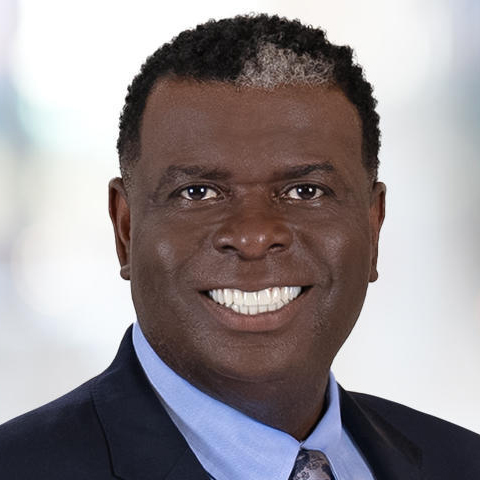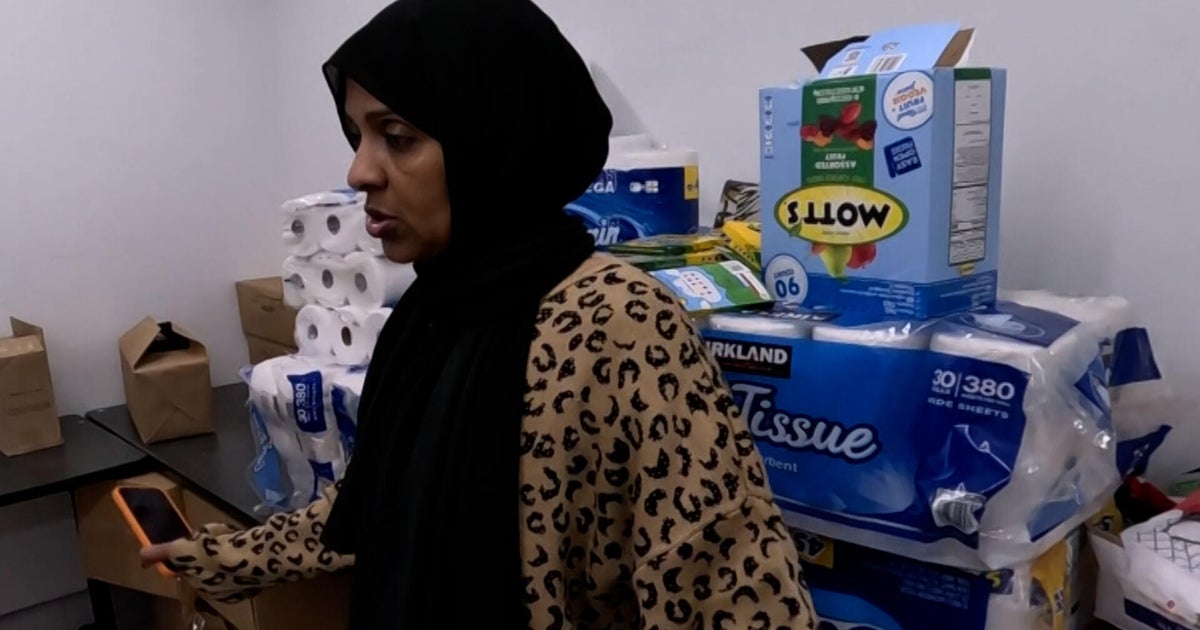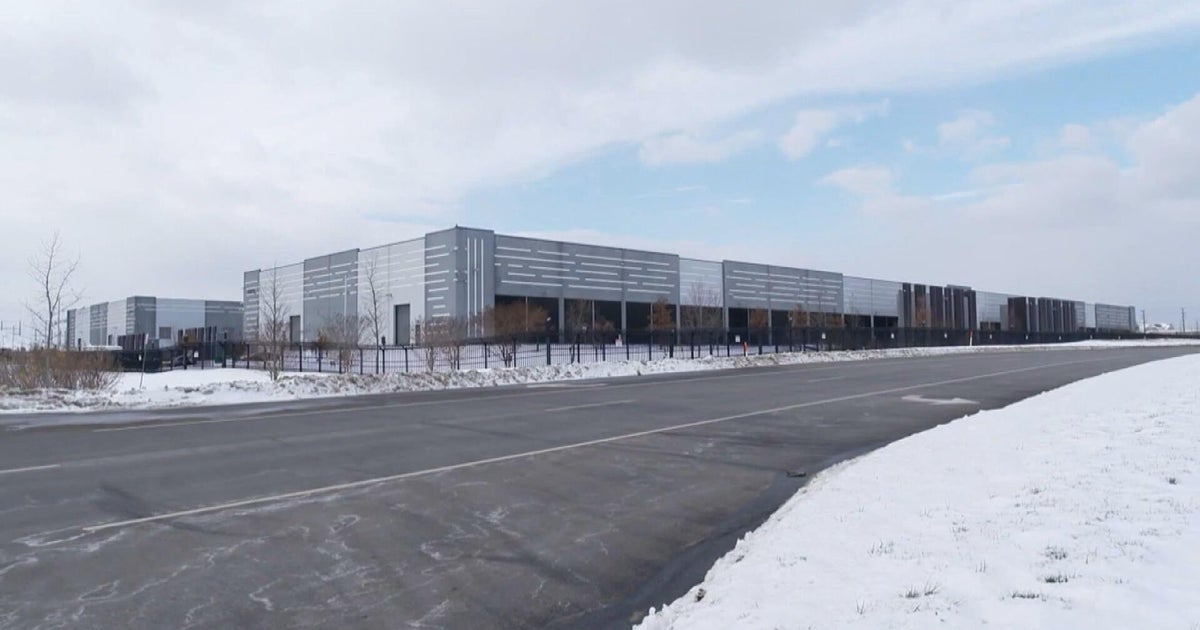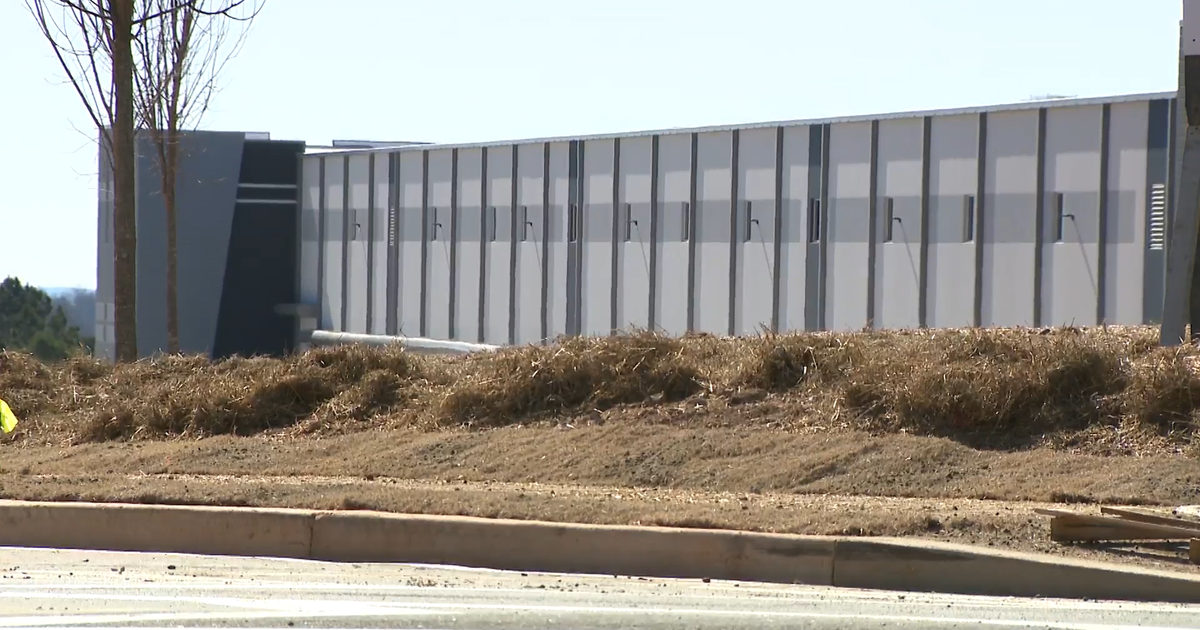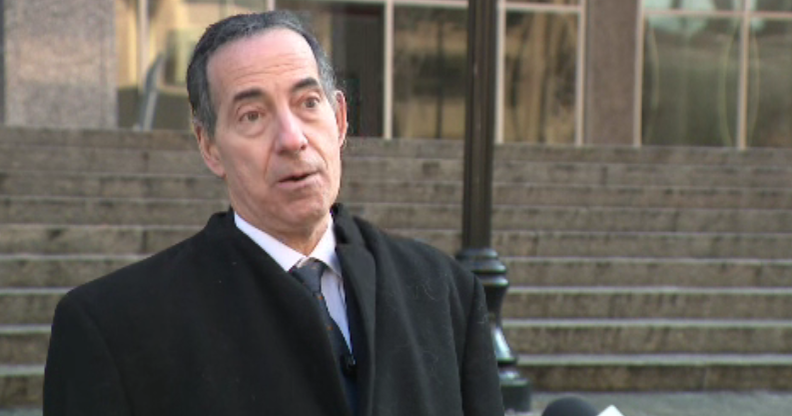Shiloh Temple food shelf receives huge donations from Human Services, Cargill Foundation
MINNEAPOLIS — Food insecurity is a big issue for many who call north Minneapolis home.
Three days a week, families pack Shiloh Temple where the non-profit, Change Starts with Community, operates a food shelf.
"North Minneapolis is the fourth largest food desert in America," said Jalilia Abdul-Brown, the ex-director of Change Starts with Community.
Brown knows access to nutritious food in north Minneapolis is a problem. Working with Shiloh Temple, her organization offers food for the thousands in need.
"It's amazing to hear 9,000 people fed every month from this place is an incredible number," said Shiloh Temple Bishop, Richard Howell.
Howell was concerned, wondering if the non-profit and church could keep up with demand after a car crashed into the building last September. Brown reached out for help and community responded in a big way.
"I got $2 million in less than 30 days," said Brown.
The Minnesota Department of Human Services was the first to answer the call for help with $1 million. The Cargill Foundation followed with another $1 million.
"It is such a privilege to do this work and feel a part of the community and we really listen to what the community is asking for and what the community needs and let them guide us in where our giving should be," said Katie Clark Sieben, the Senior Director of the Cargill Foundation.
The money will go towards helping to renovate the space.
The expansion also includes the first Northside Community Safety Youth and Family Resource Center, creating a safe haven and site for violence prevention as well as a resource for food.
"We use food as a violence prevention tool to build safe, healthy and hopeful communities in the city of Minneapolis and Hennepin County," said Brown.
For over 92 years, Shiloh Temple has been a hub for the Northside community. This latest donation will help it continue to be that beacon of light for years to come.
"As the scripture tells to enlarge our tent, to strengthen the stakes, to present a greater opportunity to more people because food is definitely a matter of need but its also a matter of fellowship and community," said Howell.
